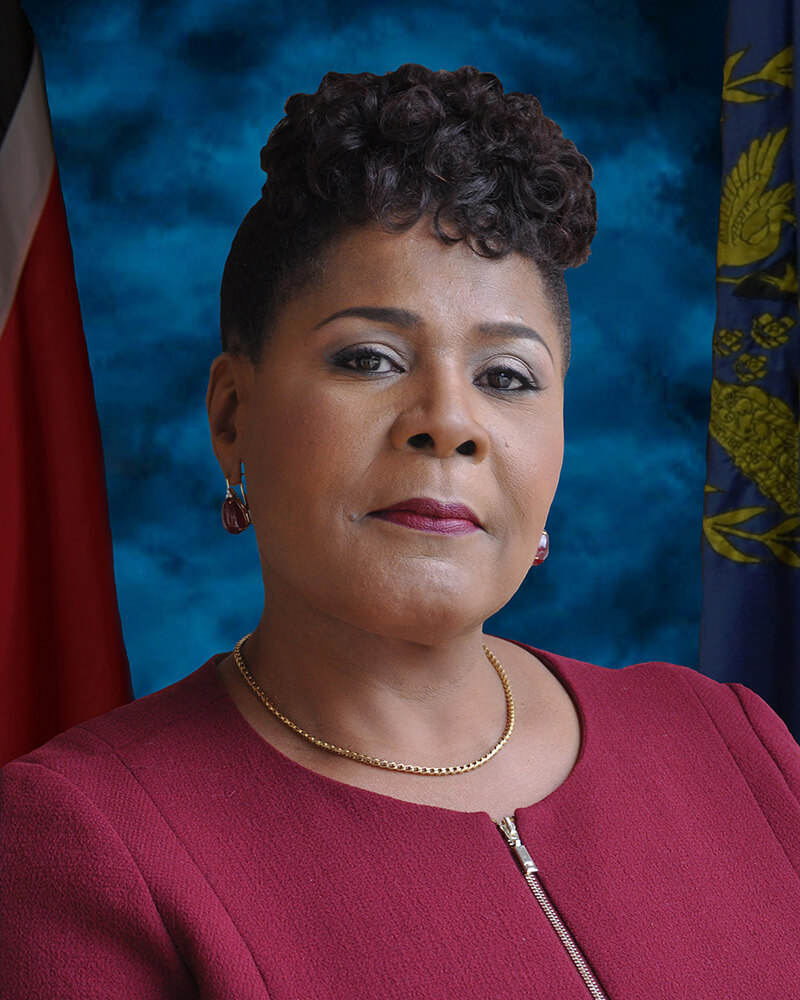As Americans this week watched live Congressional hearings on the Jan. 6th insurrection on Capitol Hill, citizens in the Caribbean Community nation of Trinidad & Tobago also paused to remember the bloody late July coup attempt 31 years ago at the hands of a rebellious local Muslim group with calls for permanent memorials and vows from local politicians that such shall never be allowed to occur on the twin island with Tobago again.
On Friday, July 27, 1990, a group of more than 100 members of the local Jamaat al Muslimeen stormed parliament and several of state buildings in an attempt to dislodge the administration of then Prime Minister Ray Robinson, shooting the prime minister in the leg, killing police officers and civilians and sparking massive looting in downtown Port of Spain destroying several buildings leading to millions in commercial losses. The entire episode, coming after similarly bloody events in Suriname in 1980 and Grenada three years later, lasted a full week and ended with an amnesty for the attempted coup makers through a controversial peace agreement signed by then acting President Emmanuel Carter. That deal did not in any way bring joy and comfort to police and the military as they tried various moves to sabotage it and take on the rebels. In the end peace prevailed and life slowly returned to normal.
The rebel group had been angry with the government at the time, blaming it for high inflation, shortages of medicines at state hospitals and for generally lowering the standard of living with tough austerity measures among other ills.
Leader and ex-policeman, Yasin Abu Bakr had calculated that citizens would have taken to the streets in support of the bloody coup attempt as the government had not necessarily been at the height of its popularity at the time. How wrong he was. More than 20 people were killed in the coup attempt, dozens of others injured and or traumatized, some because clearly brainwashed Muslimeen youngsters who should have been in school, had pointed rifles at them for days, threatening their lives in the process as gunfire erupted at the parliament and other places. Among the fatalities was legislator Leo Des Vignes. PM Robinson survived the shot to the leg.
President of Trinidad and Tobago, Paula-Mae Weeks said she fears future generations will either forget the events of 1990 or fall victims to romanticized versions of what had transpired. Therefore, she argues, “I call for a proper and fitting annual national observance to commemorate the attempted coup and today I renew that appeal. This dark chapter of our history merits a permanent memorial that would capture the horror and chaos of those six days with appropriate images, testimonials and historical information. Such a museum-quality display would reliably impart to present and future generations, the events, causes and consequences of the attempted coup d’état.”
Yasin Abu Bakr has in the past talked about having no regrets of the events on that fateful day and the hours after, even as soldiers and policemen, still angry with him to this day, long for the moment to put him behind bars for July 1990.
The Newsday newspaper, meanwhile, quoted independent lawmakers Paul Richards and Varma Deyalsingh as both backing calls for permanent memorials for the youth of today and tomorrow.
“This country suffered immeasurable loss of lives, economic progress and international reputational damage as a result of the terrorist attack against our democracy by a group of terrorist who are yet to acknowledge their misdeeds and hurt inflicted on this country,” Richards said.
Deyalsingh noted that “people still feel a sense of injustice when they see some of the main players pampered by politicians across the divide.”





















